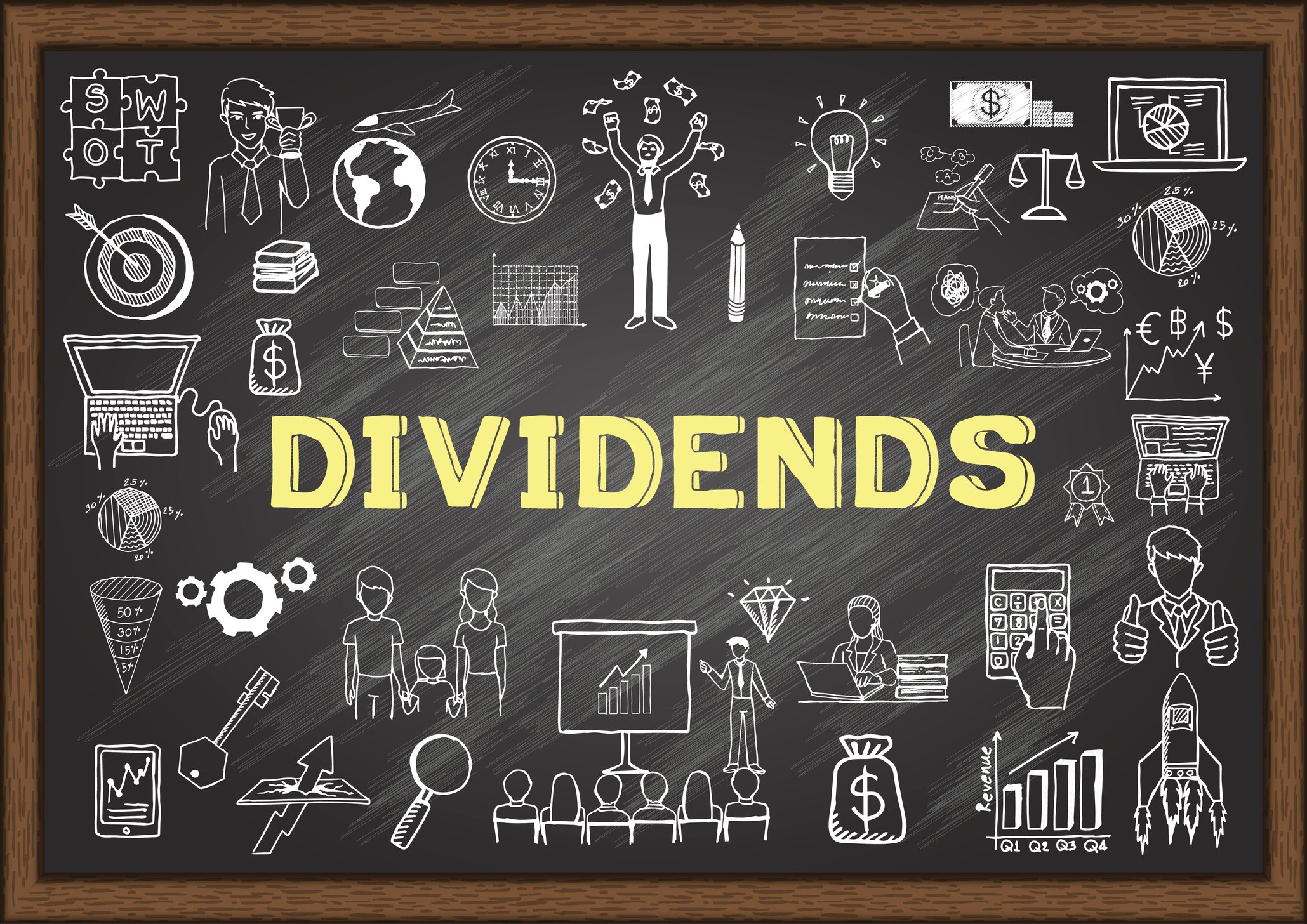Just because a company is paying a dividend today doesn't mean it will be paying a dividend forever. There are warning signs investors should watch for when investing in dividend stocks, like companies who pay out more in a dividend than they generate in free cash flow or net income, or a business that's in long-term decline. These are signs a dividend may be in danger, and in the worst-case scenario a company may be mortgaging its future to pay a dividend today.
Newspaper company Gannett Co Inc (GCI +0.00%), oil giants BP plc (BP 0.50%) and Royal Dutch Shell plc (NYSE: RDS-A), and telecom company CenturyLink, Inc. (CTL +1.25%) all have unique challenges and dividends that I would never count on long-term.

Image source: Getty Images.
A newspaper dividend that could go up in flames
As recently as the turn of the century, being a giant newspaper company used to be something to brag about, but today newspapers are a dying business. Gannett is a company that's still betting on a newspaper recovery with USA Today, Detroit Free Press, and the Des Moines Register among many others in circulation.
It's not hard to see why newspapers are dying. They used to own the most valuable advertising platform in local markets but have been replaced by online advertising platforms like Alphabet's Google and Facebook, and the results aren't pretty. In the fourth quarter of 2017, same-store print advertising revenues dropped 18.5% and circulation revenue fell 6.7% sequentially at Gannett. That's a rapid decline in any business and doesn't bode well for the company's dividend long-term.
The financially precarious position at Gannett is easy to see. Since splitting from its broadcasting and digital arm, known as Tegna, the company has seen earnings and cash flow plunge, but it has maintained its dividend, as you can see below.
GCI Total Dividends Paid (TTM) data by YCharts
I'll note that free cash flow exceeds the dividend payment for now, but you can see that since 2015 free cash flow has been in decline -- and that shows no sign of stopping. The newspaper business isn't going to recover anytime soon, and Gannett's dividend isn't one I would bet on as an investor.
Big oil is in trouble long-term
Big oil stocks have long had a reputation as safe dividend stocks, but in 2018 I think investors should reconsider just how safe oil dividends are.
You don't need my predictions of oil's demise to question dividends from BP and Royal Dutch Shell; all you have to do is listen to their CEOs. Royal Dutch Shell CEO Ben van Beurden predicts that oil demand could peak as early as 2025 as more electric vehicles enter the market. BP Energy Outlook 2018 Edition predicts that oil demand will peak around 2030 as renewable energy encroaches on fossil fuels in the electricity market. With Tesla, VW, GM, and many others planning to build electric vehicles at scale, it's easy to see why oil's best days are behind it.
Given the uncertain future of fossil fuels in general, it would seem logical that big oil companies would be saving money and paying off debt to prepare for the future. But they're not. Instead, they are paying dividends that have exceeded net income most of the past three years and adding debt to make up the difference. They're literally mortgaging the future to pay dividends today.
RDS.A Total Dividends Paid (TTM) data by YCharts
There's no stopping the growth of wind, solar, and electric vehicles, which combine to create the most disruptive force we've seen in energy in the past century. I simply don't see a bright future for oil companies long-term, and we can already see that their dividends are on anything but solid footing.
Landlines in a mobile world
CenturyLink is set up to sell TV, internet, and phone services to customers through the wires it has running to millions of homes across the country. That's been a great business for decades, but a few years from now it's likely homes themselves will start to go wireless, which doesn't bode well for the business.
5G networks are being built as we speak, and they'll bring speeds over a gigabit per second to the home. Samsung has demonstrated a home router that reached 4 gigabits per second, which is faster than some fiber optic connections and could easily replace a wired connection. With customers already cutting both cable and landlines, internet is the last service holding back mass customer exodus from CenturylLnk.
As the wired telecommunications business faces threats from new technologies, CenturyLink has been paying a dividend that exceeds earnings and added tens of billions in debt. The recent spike in debt coincides with the Level 3 Communications acquisition but leaves the company more highly leveraged if operating conditions devolve further.
CTL Total Dividends Paid (TTM) data by YCharts
I think 5G wireless is going to be a freight train in telecommunications, and I wouldn't want to be attempting to sell a wired connection against lightning-fast wireless speed, even in the home.
Not all dividends are safe long-term
When investors look at dividend stocks, they should make sure that the company underlying the dividend is built to maintain or grow its dividend payment long-term. Each of these companies has its own flaws, but Gannett, Royal Dutch Shell, BP, and CenturyLink don't look like their businesses are heading in the right direction, and with dividend payouts exceeding cash flow, there aren't dividends I would bet on long-term.











